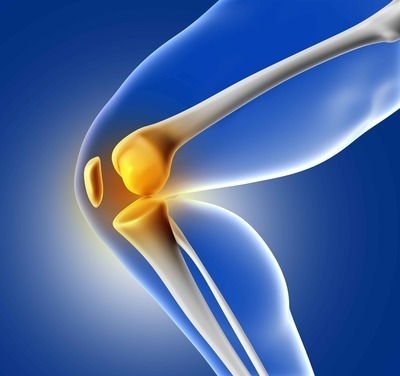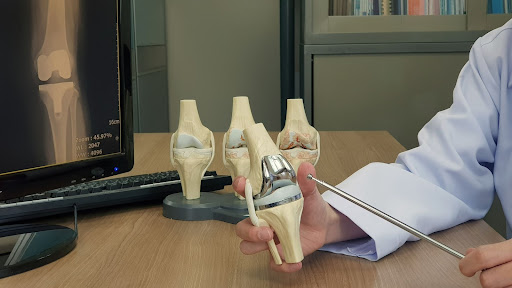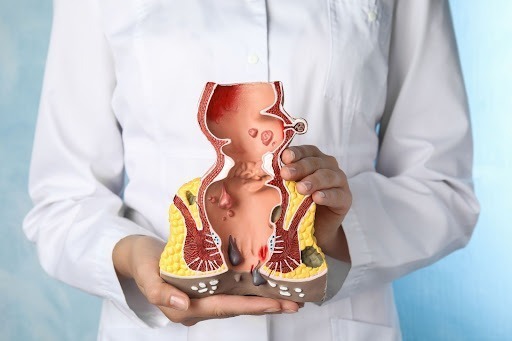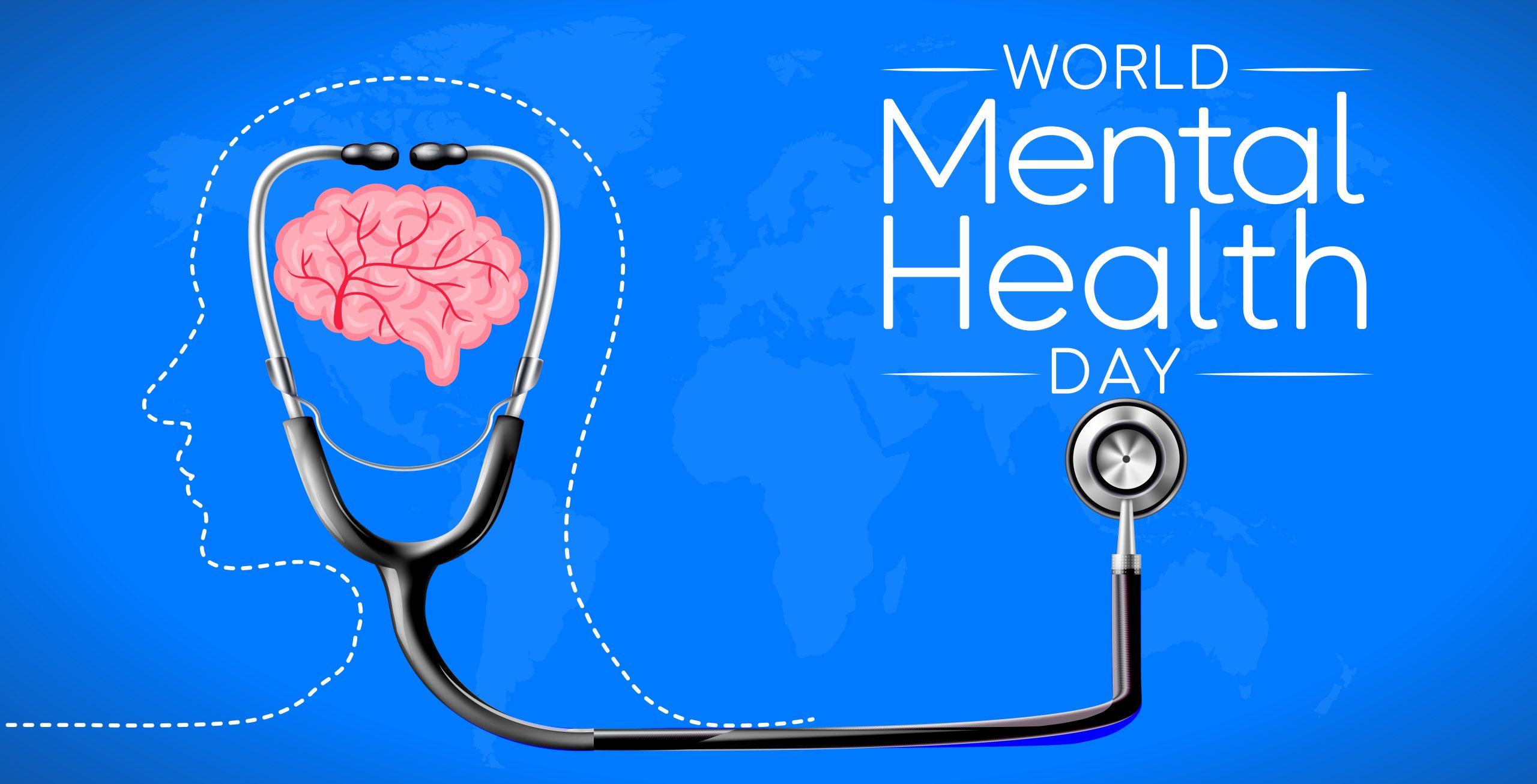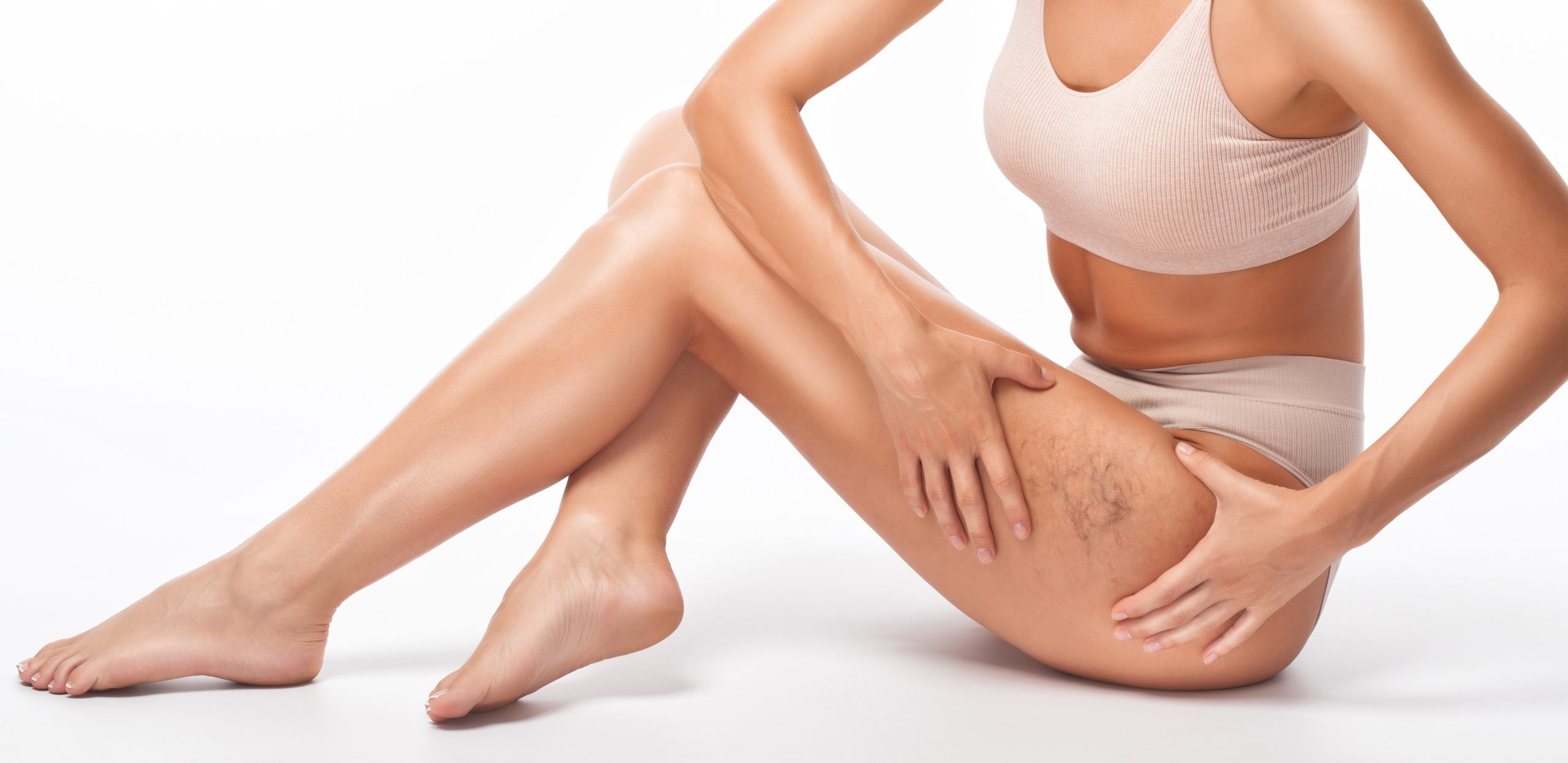Gallstones
An Effective Diet to Cure Gallbladder Stones: Healing through Nutrition
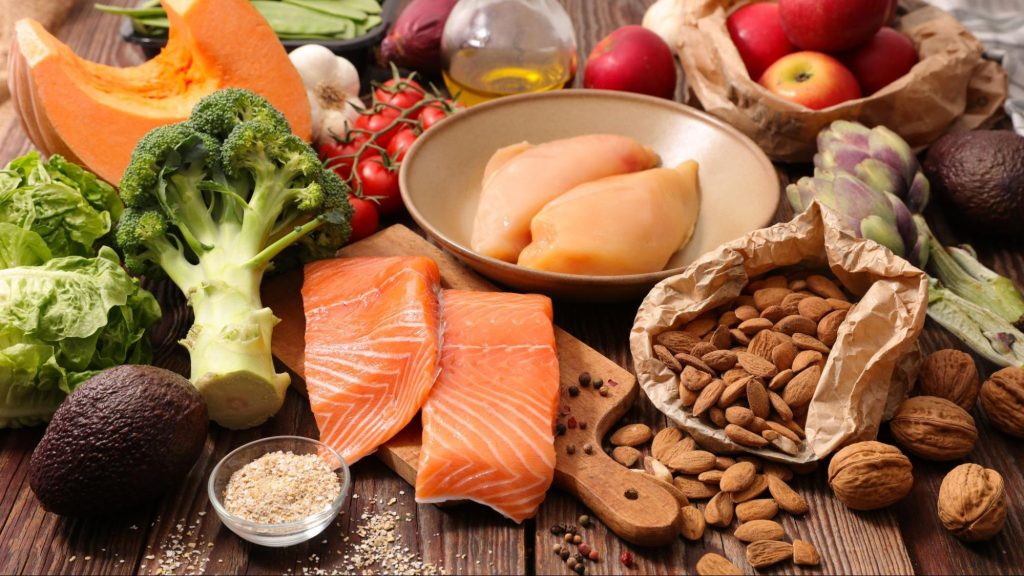
by admin
28th September 2023
7 minutes read
Gallbladder stones, also known as gallstones, have become a common health concern for many individuals worldwide. The condition, which can cause symptoms such as severe abdominal pain, nausea, and even fever, can significantly affect the quality of life. Conventional gallbladder stone treatment often involves gallstone surgery or medicine for gallbladder stones. However, a well-balanced and strategically planned diet can also play a crucial role in both the prevention and management of gallstones.
Understanding Gallbladder Stones
Before delving into the nutritional aspects, it is essential to understand what gallbladder stones are and why they form. Gallstones are hard deposits that develop in your gallbladder, a small organ under the liver. There are two types of gallstones: cholesterol stones (most common) and pigment stones.
Most gallstones are the result of excess cholesterol in the bile or a lack of bile salts. This imbalance causes the formation of crystals, which eventually grow into stones. In other cases, your gallbladder may not empty correctly, causing bile to concentrate and form stones.
The Role of Diet in Gallbladder Stone Treatment
As with many health concerns, diet plays a crucial role in both the prevention and treatment of gallstones. A gallbladder stones diet, rich in healthy fats, fiber, and low in refined carbohydrates and unhealthy fats, can be a potent weapon against gallstones.
Eating a balanced diet can reduce the risk of gallstones by controlling your weight, reducing cholesterol levels, and promoting regular gallbladder function. On the other hand, certain foods can trigger gallbladder attacks and should be avoided by those prone to gallstones.
Foods to Include in Your Gallbladder Stones Diet
1. A High-Fiber Diet:
Incorporate whole grains, fruits, vegetables, and legumes, as these foods are high in dietary fiber. Fiber aids in digestion and helps regulate the bowel, preventing constipation, a condition often associated with gallstone formation.
2. Healthy Fats:
Include sources of healthy fats such as avocados, nuts, seeds, and oily fish like salmon and mackerel. Healthy fats are beneficial for reducing inflammation and promoting better gallbladder health.
3. Lean Protein:
Opt for lean proteins like chicken, turkey, fish, and plant-based proteins. These foods can help keep you feeling satiated without contributing to the buildup of cholesterol, thus preventing gallstone formation.
4. Hydration:
Drinking plenty of water can help prevent gallstones by keeping bile in your gallbladder fluid.
Foods to Avoid in Gallbladder Stones
While a well-balanced diet can aid gallbladder stone treatment, it’s equally important to be aware of gallbladder foods to avoid.
High-Fat and Fried Foods: Foods high in unhealthy fats, like fried foods and certain cuts of meat, can exacerbate gallbladder problems by causing the organ to work harder, potentially leading to an attack.
Refined Carbohydrates and Sugars: Refined carbs and sugars can contribute to gallstones by increasing the cholesterol in your bile. Avoid foods like white bread, pastries, and sugary drinks.
Role of Medicine in Gallstone Treatment
The use of medicine for gallbladder stones should always be under the guidance of a healthcare professional. Ursodiol, a bile acid naturally produced by the body, is often used to dissolve cholesterol gallstones. This treatment can be effective, but it can take months or years to dissolve the stones, and they may re-form if treatment is stopped.
Gallbladder Stone Removal Surgery
If medicines for gallstones and dietary interventions are insufficient, gallbladder stone removal surgery may be necessary. The most common procedure, a cholecystectomy, involves the complete removal of the gallbladder.
Home Remedies for Gall Bladder Stones
Gallstones are hard deposits that form in your gallbladder, often from bilirubin or cholesterol. If gallstones block your bile ducts, they can cause sudden pain, which you might need to have treated with surgery or other medical procedures. Therefore, if you suspect you have gallstones, you should contact a healthcare professional to get a proper diagnosis and treatment.
There are no scientifically proven home remedies that can dissolve gallstones. However, maintaining a healthy lifestyle can prevent the formation of new gallstones and manage the symptoms. Here are some suggestions:
- Maintain a healthy weight: Obesity is a risk factor for gallstones. Gradual weight loss achieved through a balanced diet and regular physical activity can help prevent gallstones.
- Healthy diet: A balanced diet that is low in fat and high in fiber can help maintain a healthy weight and may prevent the formation of gallstones. Consuming a diet rich in fruits, vegetables, whole grains, lean meats, and healthy fats can promote overall health.
- Regular exercise: Regular physical activity can help maintain a healthy weight and reduce the risk of gallstones.
- Avoid rapid weight loss: Rapid weight loss can increase the risk of gallstones. If you need to lose weight, do it slowly and steadily.
- Stay hydrated: Staying well-hydrated helps keep the bile in your gallbladder fluid, which can prevent the formation of gallstones.
- Limit refined carbohydrates and sugar: Diets high in refined carbohydrates and sugar can increase the risk of gallstones.
- Limit cholesterol: High amounts of cholesterol in the diet can increase the risk of gallstones, so it is recommended to limit cholesterol intake.
Remember, these are preventative measures and can only assist in managing the symptoms of gallstones. They are not meant to cure or treat gallstones. If you’re experiencing abdominal pain or other symptoms of gallstones, it’s important to contact your doctor immediately. Gallstones can be serious if left untreated and can lead to complications, such as inflammation, infection, and even damage to the gallbladder, liver, or pancreas.
Final Thoughts on the Gallstones Diet
Adopting a gallstones diet isn’t just about eating the right foods; it’s also about avoiding those that can worsen your condition. A balanced diet, coupled with regular exercise and proper medication, can go a long way in managing gallstones effectively.
Although surgery may still be necessary for some, dietary changes can potentially decrease the size and number of gallstones, reduce symptoms, and prevent their recurrence. Always consult with your healthcare professional before starting any new diet or treatment regimen for gallbladder stones. After all, each person’s situation is unique, and what works best will depend on various factors, including the severity of the gallstones and the individual’s overall health.
How Can Medfin help?
Medfin is a daycare surgery expert providing access to the latest surgical procedures and top doctors in your city at affordable prices. Medfin provides you access to top doctors and surgeons with 10+ years of experience . With Medfin, you can leave your hassles behind and focus on your health. From instant consultations to paperwork assistance, we have got you covered with everything. So why wait? Call us today!
FAQs
Some traditional herbal remedies, like milk thistle and dandelion root, have been associated with gallstone relief. However, scientific evidence is limited, and caution should be exercised when using herbal supplements.
Moderate consumption of caffeine is generally considered safe for most people with gallstones. However, excessive caffeine intake may cause irritation, so it’s best to monitor your tolerance.
Yes, rapid weight loss or crash diets can increase the risk of gallstones due to an increased release of cholesterol into the bile.
Aim to drink at least 8-10 glasses (64-80 ounces) of water daily to help flush toxins and prevent stone formation.
It’s crucial to consult a healthcare professional before making significant dietary changes. They can evaluate your condition, perform tests, and tailor a suitable diet plan to your specific needs
CATEGORIES
- ACL Reconstruction
- Anal Fissures
- Anal Fistula
- Appendicitis
- ASK A DOCTOR
- Benign Prostatic Hyperplasia
- Breast Lump Excision
- Cataract
- Circumcision
- Conditions & Diseases
- Cosmetology
- Covid-19
- Cure
- Endocrinology
- ENGLISH VIDEOS
- Eye Care
- Gallstones
- General Surgeries
- Government Schemes
- Gynaecology
- Gynecomastia
- Health
- Health Insurance
- Hernia
- Hindi
- Hip Arthoscopy
- Hip Replacement
- Hip Replacement Surgery
- Hydrocele
- Kannada
- Kidney Stones
- Knee Arthroscopic
- Laparoscopic
- LASER
- Latest Treatments
- Lifestyle
- Liposuction
- Medfin Stories
- Medicine
- Nephrology
- Ophthalmology
- Orthopaedic
- Paraphimosis
- Patient Testimonials
- PCL Reconstruction
- Phimosis
- Piles (Hemorrhoids)
- Pilonidal Sinus
- Proctology
- Prostate Artery Embolization
- Rhinoplasty
- Second Opinion
- Total Knee Replacement
- Urology
- Uterine Artery Embolization
- Uterine Fibroids
- Varicocele
- Varicose Veins
- Vascular
- VIDEOS


